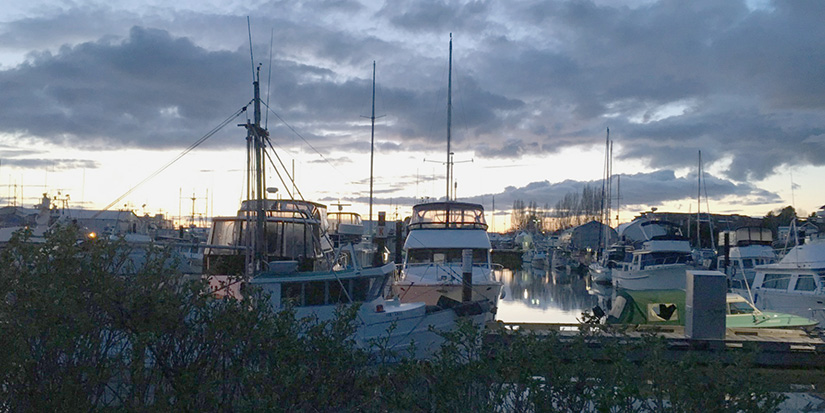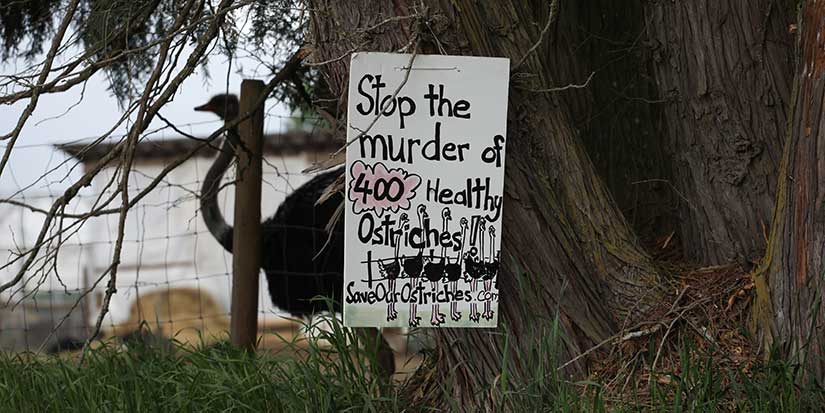Latest News
Steveston retains the charm of its early days
—
Once Upon a Time, Steveston provided the backdrop to the fictional town of Storybrooke, Maine in ABC’s hit television show of the same name that ran from 2011 to 2017.
The show’s popularity only served to heighten the image of the real-life historic fishing village. Steveston owes its start to salmon canning, which began on the Fraser River in 1871. Established by Marshall English and Samuel Martin in 1882, the Phoenix was the area’s first major cannery but by 1890 that number had swelled to 45—half of those in Steveston which soon earned the nickname Salmonopolis.
Named for Manoah Steves, who arrived with his family in the late 1980s from Moncton, New Brunswick, the village began to take shape in 1880 via a crown grant to Steves’ son William. It was officially named Steveston in 1889.
This summer Steveston again found itself in the spotlight, defeating Vancouver’s Mount Pleasant to win CBC’s neighbourhood challenge. The proud residents aren’t surprised because of the community’s well-established reputation.
“Steveston has done a great job of retaining the fishing village character as it has gone through redevelopment, and has also really invested in its recreation areas,’ says Chris Kennedy, a 25-year resident. “With the boardwalk, Garry Point and the village shops, Steveston is built for walking, which really helps to built the small-town community feel. It seems silly, but we love to see Steveston in TV shows and movies; it brings a real sense of pride that our neighbourhood is on display.”
Steveston residents for 58 years, Glenn and Dawna Kishi briefly moved away when they first got married but it wasn’t long before they returned home.
“Growing up here when we did, it was a smaller community where we all knew each other,” says Glenn. “We all went to school together and there was always a great sense of community. We never locked doors, and went to play anywhere with no worries. We looked after each other.”
Some of that has changed, of course, but there’s still nowhere the couple would rather be.
“We like Steveston because of its proximity to the water. It always keeps it cooler in the summer, and going for walks along the dike is priceless.”
Glenn believes Steveston has retained its small-town charm because it was able to keep Main Street much as it used to be. The small town shops also help to keep that vibe alive.
“And there are not many places where you can walk to town to get your fresh fish off the boat, get your other dinner items, walk through town and see many friends doing the same thing,” he says. “We don’t go for many walks without stopping and talking to many of those friends.”
Although the fishing industry has changed through the years, Glenn credits the city for helping to preserve its importance. Maintaining historic sites and supporting many events that still celebrate fishing—which kept the community together when the industry was flourishing—has ensured all generations understand and appreciate its importance.
“You knew everyone who worked in the
industry, and in times of need, and in other times too, we have always come together. When you mention the word community (Steveston) ticks all the boxes.”
Cody Kusch is also a proud Stevestonite. Residing in the community for the last 16 years, he says though the people may have changed over the years the culture has remained the same.
“It doesn’t matter one’s race, religious beliefs, income level or family status, all residents have accepted the diversity and respect for each other,’ he says.
Kusch says that sense of community that separates Steveston from the pack continues to grow. New visitors to the neighbourhood appreciate the organic integrity and respect for all. And many of the businesses today are still in the hands of the same families that started them decades ago.
Having resided in Steveston for 44 of his 68 years, Doug Paterson says Steveston stands out because of its character and the heritage it has retained.
“I think it’s retained that kind of special smalltown charm because of the right mix of venues, restaurants and shops,” he offers. “And then there’s being able to buy seafood from the boats.”
Ultimately, where Steveston is concerned, everything goes back to the fishing industry and the important place it will always hold in the hearts of residents. In the famous words of Judy Garland in the classic 1930s film The Wizard of Oz, “There’s no place like home.”































